The Study and Its Significance
A new study by researchers at the University of California, Davis, published in the journal Computational Psychiatry, has scientifically validated a concept famously captured by filmmaker Alfred Hitchcock: anticipation can be more terrifying than the actual event. The study reveals that the hazard rate—the increasing likelihood that a negative event will occur as time passes—intensifies anxiety more than the actual probability of the event itself.
The Motivation Behind the Study
Anxiety disorders are among the most common mental health issues, affecting a substantial portion of the global population. Despite their prevalence, the underlying mechanisms, particularly how uncertainty exacerbates anxiety, remain poorly understood. This gap in knowledge inspired researchers at UC Davis to investigate how different aspects of uncertainty contribute to the intensity of anticipatory fear.
The Hazard Rate Concept
The researchers focused on the concept of the hazard rate, which refers to the perceived likelihood of an adverse event occurring as time progresses. Traditional studies on anxiety often concentrated on the probability of an event, but the UC Davis researchers hypothesized that the timing of the uncertainty could play a crucial role in the intensity of anxiety experienced.
Methodology and Scenarios
The study involved 42 volunteers participating in a virtual environment where they could receive mild electric shocks at unpredictable times. Participants earned a small cash reward for staying in the environment but had the option to leave at any time to avoid the shock.
To isolate the effect of the hazard rate, the researchers created two distinct scenarios:
- High Hazard Rate Scenario: The shock could occur at any moment within a ten-second window, increasing the likelihood of the shock as time passed.
- Low Hazard Rate Scenario: There was a countdown to the shock, so participants knew exactly when it would occur.
Both scenarios had the same overall probability of receiving a shock, but the perceived timing of the threat differed.
Key Findings
The researchers found that participants’ anxiety levels were more strongly influenced by the hazard rate than by the actual probability of receiving a shock. In the high hazard rate scenario, participants reported significantly higher levels of anxiety compared to the low hazard rate scenario. This was evident from both their self-reported anxiety ratings and their behavior, as participants were more likely to opt out of the high hazard rate scenario to avoid the shock.
Behavioral Insights
“At each experimental time point, the threat hazard rate mapped almost perfectly to our participants’ behavior, whereas the momentary threat probabilities had no predictive value whatsoever,” explained co-author Dan Holley. “The volunteers also reported feeling significantly more anxious in the higher hazard rate environment.”
Evolutionary Perspective
The study suggests that our brains are wired to track hazard rates as a survival mechanism, helping us anticipate and avoid threats in our environment. “Imagine a gazelle on the Serengeti,” Holley explained. “As a matter of survival, it could keep its head down and graze a little longer, but the tradeoff is that it’s a bit more likely to be attacked by a lion. Something in its mind must be tracking the hazard rate and guiding its behavior accordingly.”
Implications for Anxiety Treatment
The findings provide a clearer understanding of how uncertainty and the perception of increasing threat contribute to anxiety. By focusing on hazard rates, the researchers were able to pinpoint a specific aspect of uncertainty that drives anxiety, offering new insights that could inform more effective treatments for anxiety disorders.
Conclusion
“Our model echoes Hitchcock’s insight: sustained anticipation of a negative event can lead to mounting anxiety as the hazard rate increases,” the researchers concluded. “This opens the door to identifying the precise mechanisms that lead to maladaptive avoidance and emotional distress characteristic of pathological anxiety.”
The study, “Temporal Dynamics of Uncertainty Cause Anxiety and Avoidance,” was authored by Dan Holley, Erica A. Varga, Erie D. Boorman, and Andrew S. Fox.




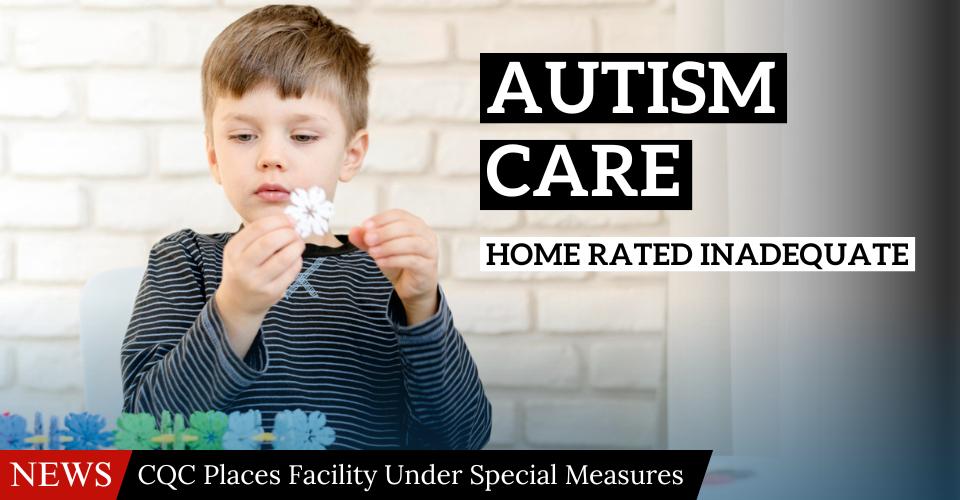
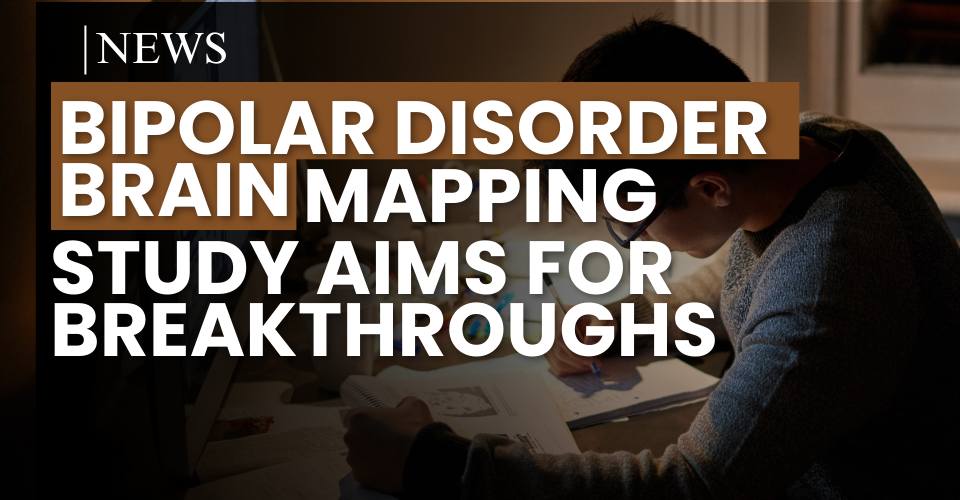
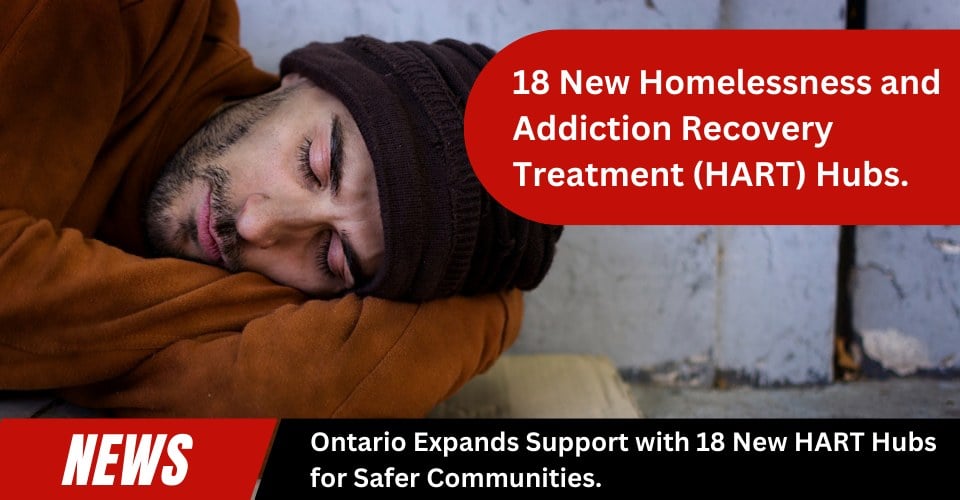

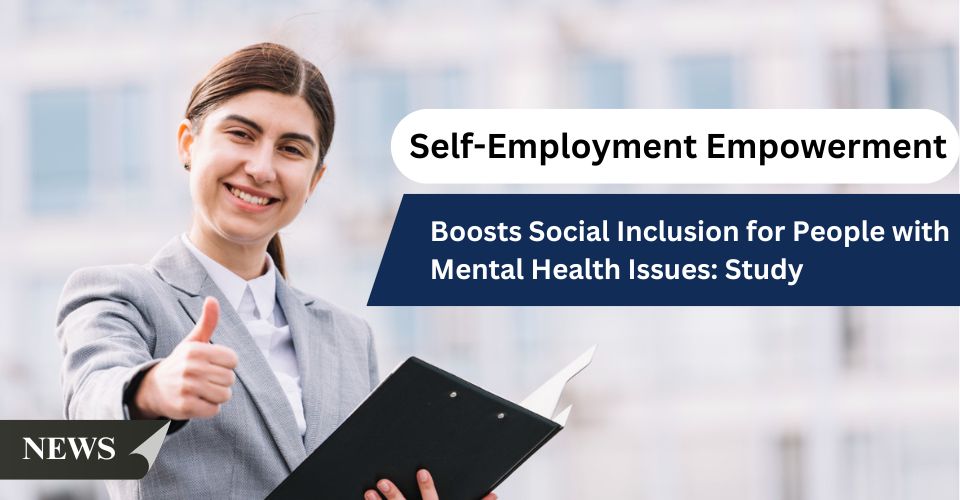

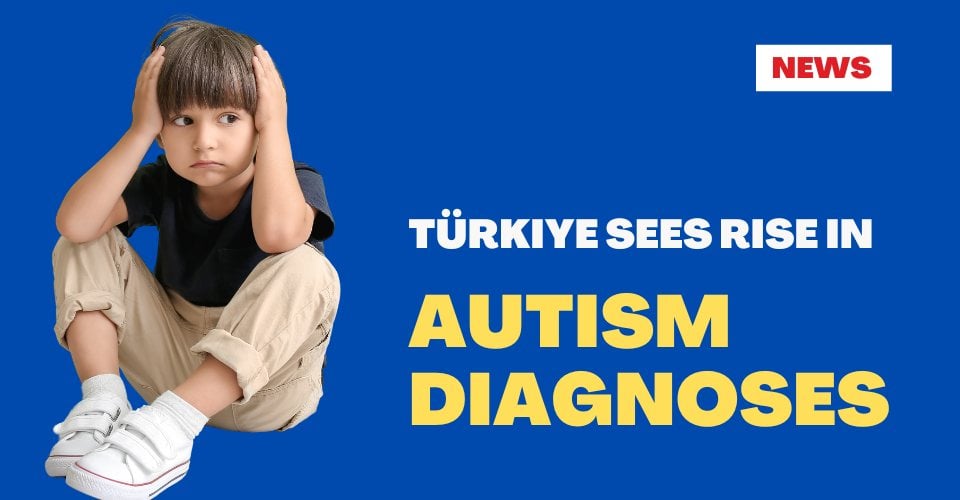
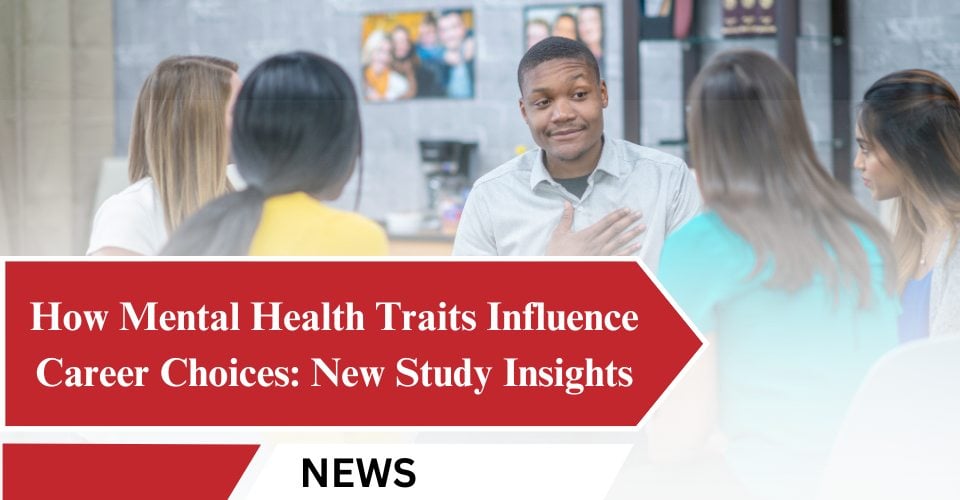
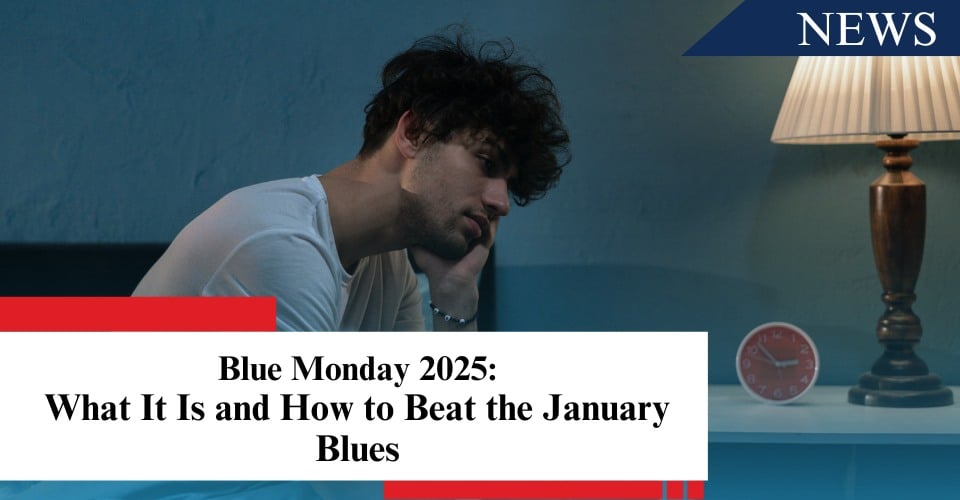

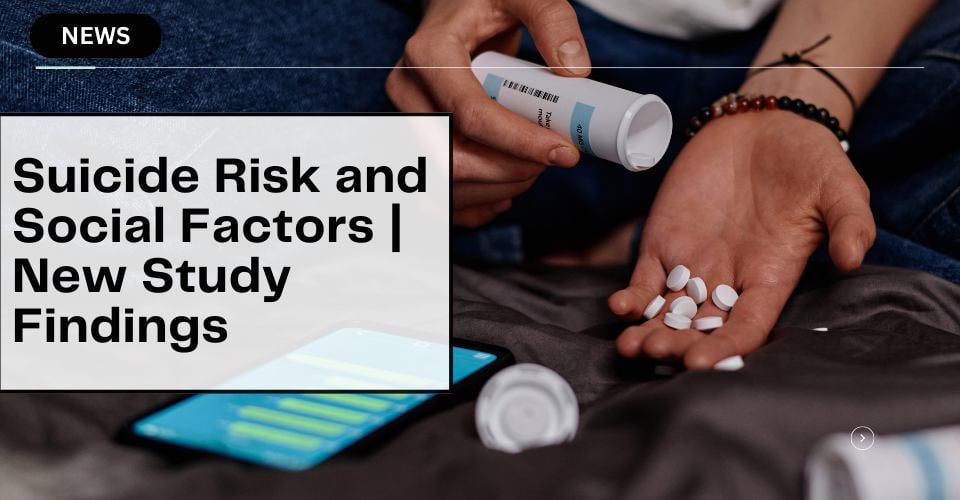

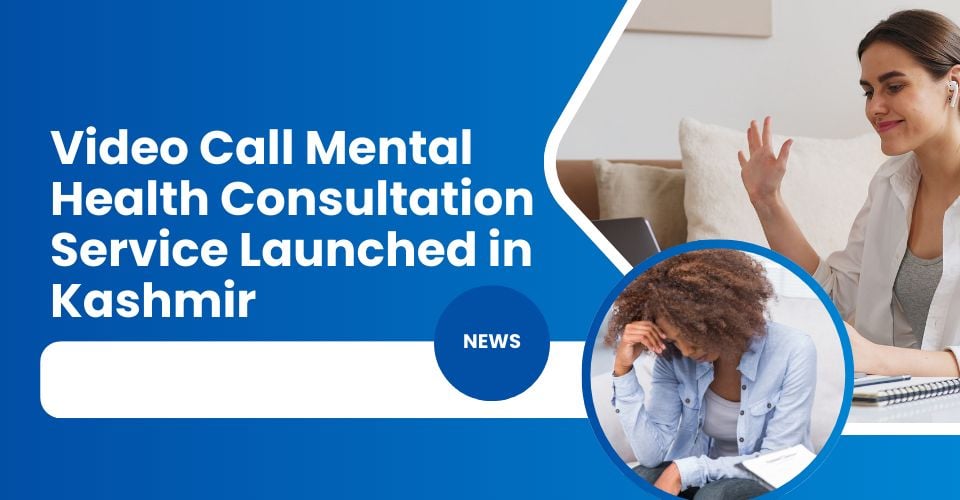

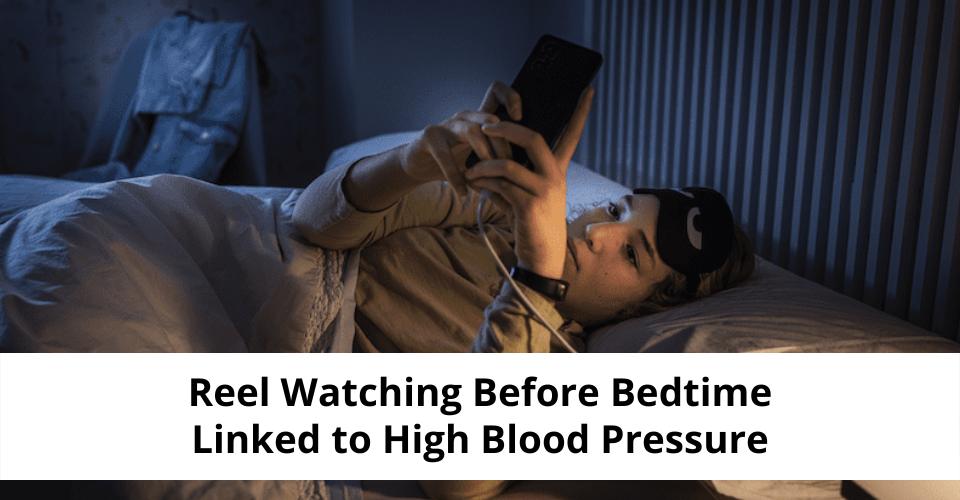
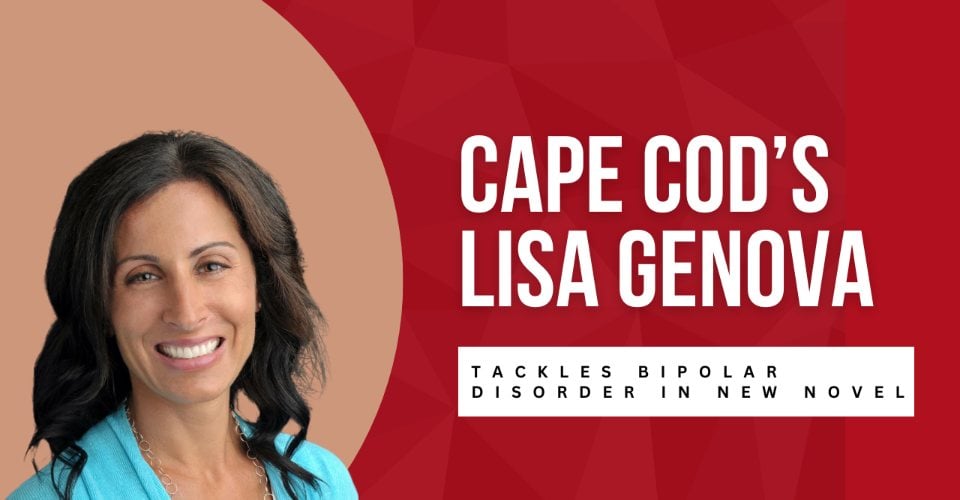


Leave a Reply
You must be logged in to post a comment.